"Her name is Walter Cronkite." According to John Baick, a history professor at Western New England University who studies how popular culture interacts with larger society, "she is the most trusted name and voice in America."
She is all around us and the world is just her support system.
This week belongs to Taylor Swift. Between this Sunday's Grammy Awards and this Sunday's Super Bowl — with four concerts in Tokyo in between — it's difficult to recall a celebrity of Swift's caliber juggling so many roles, traveling so far, and touching so many facets of culture.
It's a potent moment in pop culture, a veritable hailstorm of recognition, visibility, artistic brilliance, and prominence for a lady who has grown to be among the most recognisable people on the globe. And every second of it will be analysed, both positively and negatively.
Is this the pinnacle of contemporary multi-media celebrity? Perhaps it is more of a return to a bygone period of a less divided and subcultured society, when a celebrity might be a household name over generations and countries, participating in events that people genuinely watch together as they happen.
Shilpa Davé, a media studies professor at the University of Virginia, stated, "She's at the center of these moments that we don't have very often anymore."
How this moment on Taylor Swift is a throwback
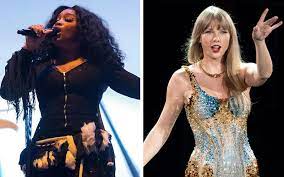
To find someone with Swift's cultural influence, you have to go far back in time—well outside the realm of music. It may be necessary to go back to a period when the media wasn't as dispersed and there were fewer, slower pipelines reaching people's eyes and ears.
"Her name is Walter Cronkite." According to John Baick, a history professor at Western New England University who studies how popular culture interacts with larger society, "she is the most trusted name and voice in America." "I just cannot think of anyone in our society, politics, or culture that we have known for more than a few generations. Perhaps Oprah, although I believe Oprah had a somewhat lesser popularity.
"Taylor Swift offers a vocabulary—a shared language," according to Baick, for a large number of young people whose lives have been fragmented by social media.
Swift's hectic week started with a Grammy Awards record-breaking fourth album of the year triumph in Los Angeles. She may have caused even more commotion there with her unexpected revelation that her new album is set for release in April. A enormous and rising number of people watched—nearly 17 million—for a modern awards event, which undoubtedly owed a great deal to her.
After her electrifying stadium performances in North and South America last year, she will embark on a four-concert Asian tour at the Tokyo Dome.If everything goes according to plan, she'll travel back in time and quickly return to the United States to cheer on her boyfriend Travis Kelce, a tight end for Kansas City, in the Super Bowl in Las Vegas. A much larger audience than the Grammy Awards will probably catch her in a suite with Kelce's family and friends during the game.
She will make it everywhere, so don't worry.
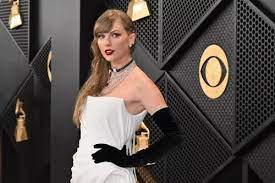
Followers concerned with the plausibility of her tightly timed itinerary have been assuaged by the Japanese embassy in Washington, which said in a statement that “if she departs Tokyo in the evening after her concert, she should comfortably arrive in Las Vegas before the Super Bowl begins.”
Swift seems to embrace the whole storm, if her album of the year acceptance speech is any indication.
“I would love to tell you this is the best moment of my life. But I feel this happy when I finish a song, or when I crack the code to a bridge that I love, or when I’m shortlisting a music video, or when I’m rehearsing with my dancers, or my band, or getting ready to go to Tokyo to play a show,” she said from the stage. “For me, the award is the work. All I want to do is keep being able to do this.”
While she says little publicly about her relationship with Kelce (he didn’t get thanked during her two Grammy speeches and wasn't at the ceremony), she’s clearly aware of the visual story she’s telling.
“She obviously didn’t have to go to the games. She could have watched from home,” Baick said. "She didn't have to go to these boxes where she would be perfectly framed with family members and friends. But her career matters. And this is someone who is unapologetic about that. In that sense, she’s also like Madonna. Everything she does is in the public eye. And why not?”
A PORTION OF SWIFT'S ALLURE IS OUR CULTURAL MOMENT.
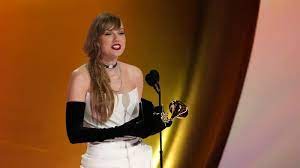
Kelce weighed in on the phenomenon Monday from Allegiant Stadium in Las Vegas that “she’s rewriting the history books herself” and she's “definitely brought a lot of new faces to the game.”
The secret to her culture-defying appeal that may be reaching its peak this week comes in part from the particular glow of positivity she is able to bring — a positivity that the pandemic, political turmoil and social erosion have created a hunger for.
“We don’t have many very big moments where we’re celebrating just the joy of music and culture," Davé said. "She brings that with her. ... And I think we need it in this moment as well.”
Baick agrees. “I don’t think we, as a country, have ever needed someone as much. With the sole exception of after John F. Kennedy was killed. I mean, Beatlemania was in part because of that terrible vacuum, a terrible sense of loss and that desire for young people to give themselves up to, to cut loose. And like this, it was female-driven.”
This moment was also made possible by the unmatched connection she is able to make with her followers, and her dedication to serving them and centering them. Part of that connection might be her willingness to be a big fan herself, an essential role at the beginning and end of her big week.
At the Grammys, as she often does at awards shows, she stood un-self-consciously and sang along with everyone from Tracy Chapman to Olivia Rodrigo. And she'll play the fan at the Super Bowl as she has for much of Kelce's and the Chiefs' season, a role she appears comfortable in, with no fear of her own job or identity being eclipsed.
Critique has, however, accompanied the adoration.
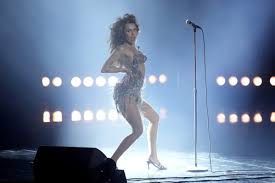
There could never be unanimity around someone so prominent, and those appearances have brought out detractors. Some football fans have griped about the attention she is given during games, though her actual screen time can be counted in seconds. She's also been slammed for the private jets she should be making liberal use of all week.
And she has been the subject of utterly unfounded rumors ranging from claims she's part of Pentagon psychological operations to the notion she and Kelce are assets in a plot to help President Joe Biden get reelected.
“There’s some genuine fear about what she and tens of millions of people who follow her could do in an election that’s probably going to be close,” Baick said.
Of course, a lot of people just don't like her or her music. Indeed, her allure is more profound in certain societies than in others.
According to Baick, "it is primarily a white middle class phenomenon." However, it goes beyond than that. There's more to it than that. It's not black and white. It also spans a wide geographic area. Even while the globe may not agree with our foreign policy or politics, it nevertheless adores our popular culture. She is also a proud representative."
She will struggle to top it after a week. She has, nevertheless, surpassed what appeared to be earlier peaks.
"I'm interested to see where she goes in her victory lap," Davé remarked. "Because these things are fleeting, how did she just turn into this?" "Because these things don’t last and so how does she just become this big commercial success, or does she leave a legacy?”
End//voice7news.tv




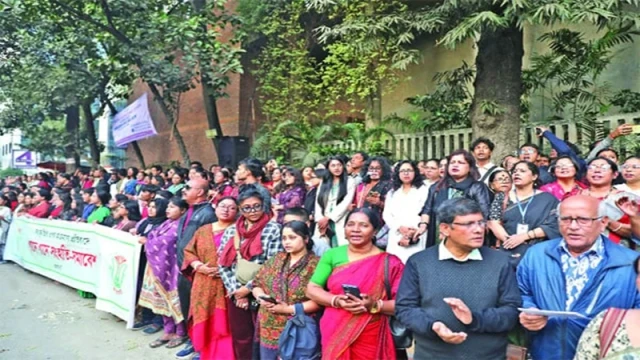
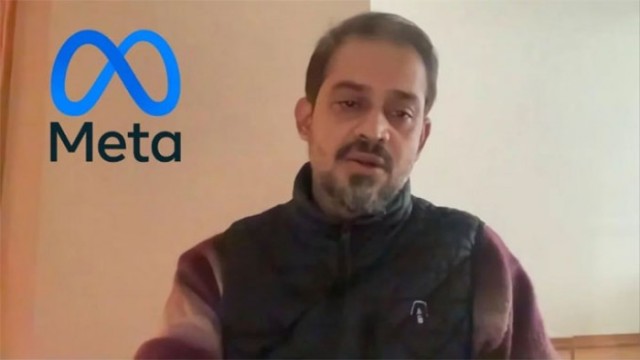
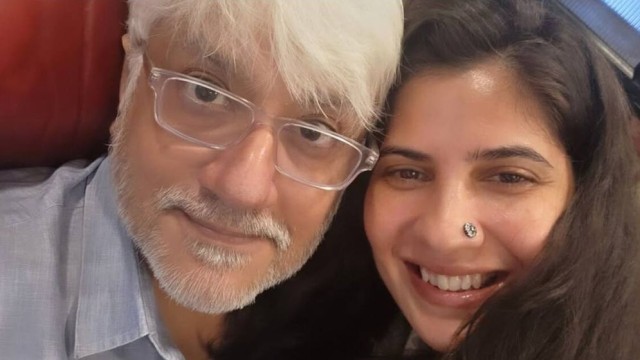
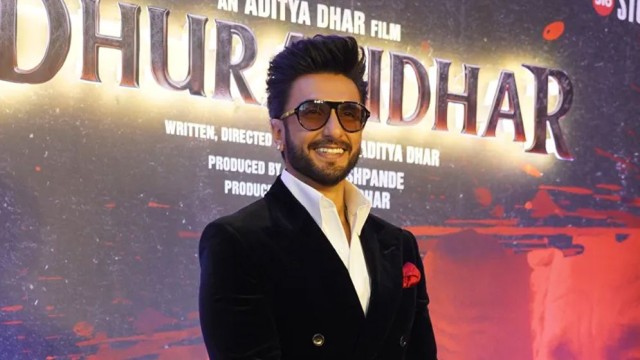
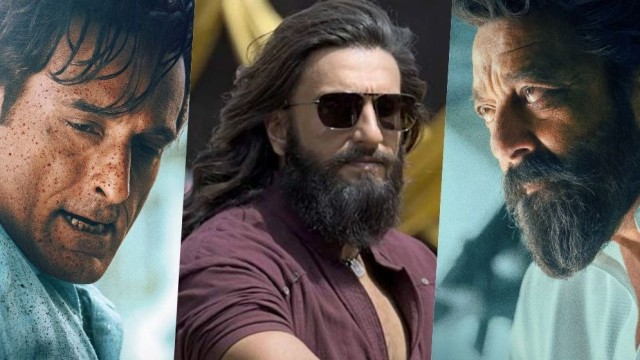






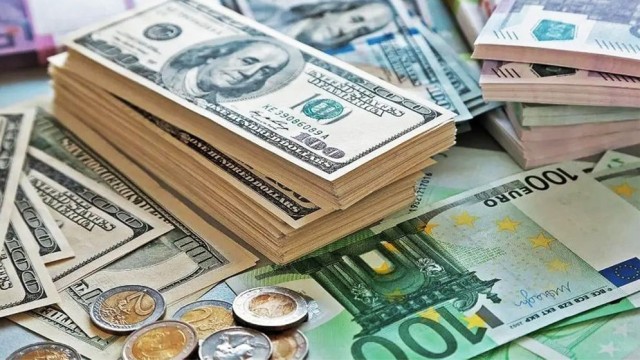






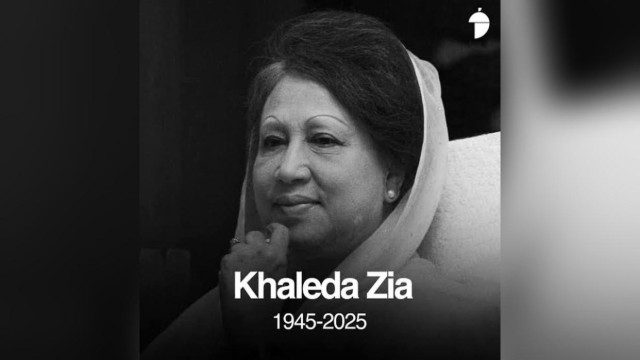





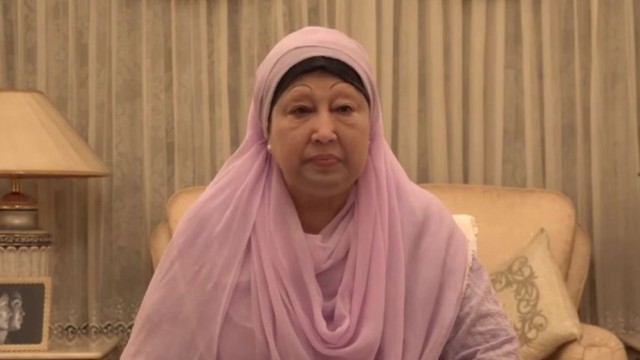
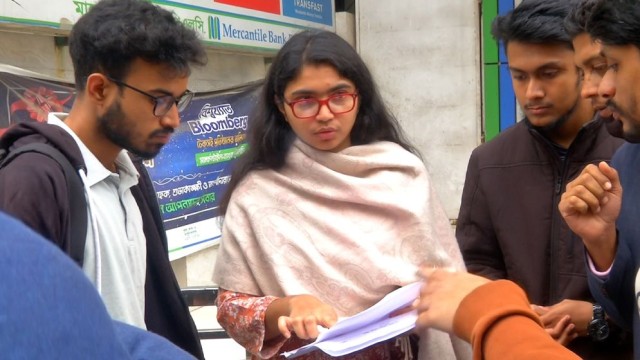

Comment: